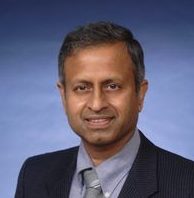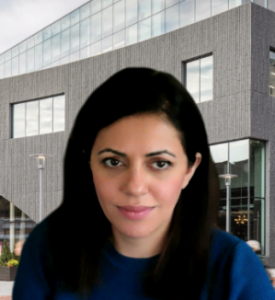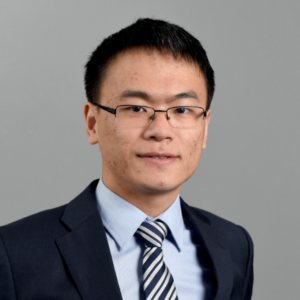https://s.uconn.edu/meseminar10/15/21
Abstract: Since Additive Manufacturing (AM) processes can fabricate complex part shapes and material compositions, it released significant amount of freedom for designers to design innovative products. In general, parts that are good candidates for AM tend to have complex geometries, low production volumes, special combinations of properties or characteristics. Most of existing design methods and approaches are well established for conventional manufacturing processes which tend to limit the complexity and potential multi-functionalities of products considerably. Given the unique characteristics of AM, Prof. Zhao and her team have proposed a new definition for the term — Design for Additive Manufacturing (also known as DfAM or DFAM) — as “a general type of design methods or tools whereby functional performance and/or other key product life-cycle considerations such as manufacturability, reliability, and cost can be optimized subjected to the capabilities of additive manufacturing technologies”. Most research in DFAM field only focuses on specific topics without considering AM process specific characteristics. AM technology connects design, material properties, process settings, end-product quality, and potential post-process operations intimately. When DFAM is applied, AM process-specific capabilities and constraints must be considered at early design stage. Thus, rooted from the proposed definition, this talk will report Prof. Zhao and her team’s recent work on developing novel design strategies and geometric modeling techniques to support multi-functional design concept generation and multi-scale highly complex CAD model realization with manufacturability analysis applied at early design stage.
Biographical Sketch: Dr. Yaoyao Fiona Zhao is an Associate Professor and William Dawson Scholar at the Department of Mechanical Engineering in McGill University, in Montreal, Canada. Since Dr. Zhao joined McGill University in 2012, she has established the Additive Design and Manufacturing Laboratory (ADML) which is one of the leading research laboratories in additive manufacturing field. Her research expertise lies in the general field of design and manufacturing including the exploration of new design methods, developing efficient numerical simulation method for additive manufacturing processes, manufacturing informatics, application of machine learning in design and manufacturing, sustainable product development and intelligent manufacturing. Her team is leading the research in Design for Additive Manufacturing with the development of new design methods to achieve multi-functionalities, less part count, better functional and sustainability performance. Her team is also leading the efforts on developing methods and guidelines for manufacturing industry to adopt machine learning and AI as an effective tool for global competition.




